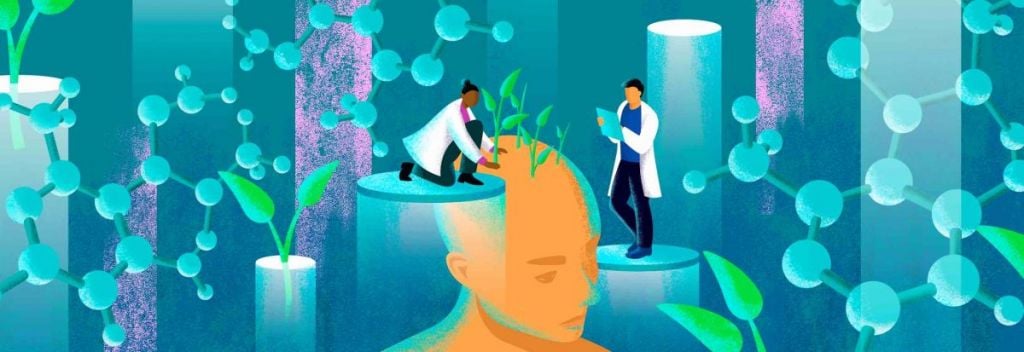In spite of recent failures of clinical trials from others in the field, Swiss company Noema Pharma is gearing up to develop better treatments for the neurological condition Tourette’s syndrome.
Noema Pharma will use a recent €49M Series A round to bankroll the phase I development of a candidate for Tourette’s syndrome along with the phase II development of a drug to treat the rare neurological diseases tuberous sclerosis complex and trigeminal neuralgia. Noema’s candidates have been licensed from Roche in exchange for a stake in the startup.
Of the three indications in Noema’s pipeline, Tourette’s syndrome is particularly challenging. The field has seen high-profile phase II failures from the Israeli firm Teva Pharmaceuticals and US Neurocrine Biosciences in the last year.
“Developing new treatments and demonstrating efficacy in large scale, multi-site clinical studies is extraordinarily difficult,” said Atul Mahableshwarkar, Senior VP of Research and Development at the US company Emalex Biosciences, which is developing a drug to treat Tourette’s. “In brain and behavioral disorders, promising results seen in phase II trials often do not replicate in phase III trials.”
Tourette’s syndrome is an incurable disorder that causes involuntary muscle movements called tics. Existing treatments, such as cognitive behavioral therapy and antipsychotics, are limited to managing the symptoms and don’t work for everyone. Antipsychotics can also risk unpleasant side effects such as weight gain, which can lead to type 2 diabetes.
The development of treatments for Tourette’s has moved slowly over the last 50 years. One of the reasons is that the genetics underlying the condition are still largely unknown, providing few potential targets for drugmakers. Another challenge is that Tourette’s often occurs at the same time as other mental health conditions, making it hard to find which drugs might work on which patients.
“You have 80% of Tourette’s patients that have attention deficit disorder, another large proportion have obsessive-compulsive symptoms, some patients have depressive symptoms. Some patients would also have anxiety symptoms. It’s quite a complex condition overall,” said George Garibaldi, co-founder and Chief Medical Officer of Noema.
For now, the majority of drug developers are focused on providing alternatives to antipsychotics. Noema’s candidate blocks the action of the neurochemical dopamine in the brain, as many antipsychotics do. However, the drug is designed to more selectively affect the motor part of the brain, potentially producing fewer side effects.
“Antipsychotics are effective in tics but are associated with a lot of intolerance. We’re bringing a proposal for patients that would be as effective, but without the side effects. In particular, long-term side effects such as type 2 diabetes,” explained Garibaldi.
One of the most advanced treatment candidates in the field is in phase II trials run by Emalex Biosciences. The drug blocks the action of dopamine through a different target than current medications, providing an alternative for those patients who do not respond to traditional therapies.
Another approach in development involves using artificial intelligence to search for existing drugs that could treat Tourette’s. This strategy could allow Spanish company SOM Biotech to find drugs that are effective at treating tics but with fewer side effects.
Going forward, more research into Tourette’s syndrome could allow companies to uncover new ways to tackle the disease at its core causes, rather than just addressing the symptoms.
“Understanding the genetic components and development of biomarkers may lead to more precisely tailored approaches and hopefully a personalization of future treatments,” said Mahableshwarkar. “The ultimate goal is to develop a cure for Tourette’s syndrome rather than treatment of symptoms that manage the condition.”
Image from Anastasiia Slynko





